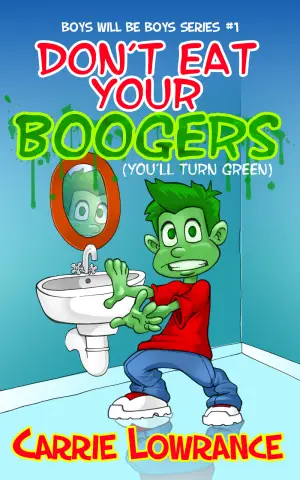Book Review: Guilty by Definition by G.J. Wight
When I stumbled upon Guilty by Definition, I was immediately intrigued. As someone who adores mysteries steeped in wordplay and intellectual puzzles, the concept of a senior editor at the Clarendon English Dictionary unraveling clues hidden in letters felt like a dream come true. The author, G.J. Wight, brings a compelling backdrop to the table that resonates with anyone who has ever found solace—albeit complicated—in the written word.
At its heart, Guilty by Definition is about the shadows that linger from unresolved pasts and the haunting presence of a missing sibling. Martha Thornhill, our protagonist, is thrust back into her London life after years in Berlin, and it’s clear from the get-go that her return stirs up more than just nostalgia. In piecing together an enigmatic letter that echoes a 2010 disappearance—her own sister Charlie—Martha grapples not only with the mystery at hand but also with familial expectations and her own identity as the shadow of the prodigal child.
The novel, told through the perspectives of Martha, Alex, and Zoe, is undeniably rich in its exploration of its themes: the blurry lines of family loyalty, the burdens of guilt, and the difficulty of navigating truths that lay beneath the surface. And yet, I found myself struggling to fully connect with Martha’s character. She embodies an ethereal quality, often making her feel more like a distant silhouette than a familiar face. It’s a shame, as her journey through complex emotional landscapes could have added so much depth if only it resonated more personally.
Wight’s writing style demonstrates a clear competency, especially with the intricacies of language. Each chapter opens with a novel word and its definition, a clever touch that aligns with the literary atmosphere while also enriching the narrative. However, at times, this felt excessive. While the slow pacing might reflect the weight of the mystery and character development, it occasionally veered into the realm of overdone, causing the story to feel like it was trudging through molasses—some of the atmospheric elements too muddled, when they should have shone through.
One aspect I genuinely appreciated was the subtle hints of romance woven between the characters. Their chemistry is engaging but never overshadows the central mystery, allowing the tension to build organically. While the complex clues could be deciphered relatively easily, it was nice that Wight didn’t feel the need to endlessly complicate what was already a heavy story.
The epilogue leaves readers with a bittersweet sense of closure, wrapping up loose ends while hinting at hope—an element that almost felt necessary after the emotional weight of the journey. It would be fascinating to dive into the author’s notes, as I’m sure many readers would find value in understanding the intentions behind the words.
In conclusion, Guilty by Definition is a promising debut that will appeal to fans of literary mysteries. While it does have its pacing issues and a somewhat distant main character, the intricate themes and the artistry of language used throughout certainly warrant a read, particularly for those who appreciate a thoughtful, cerebral approach to storytelling. For me, it was an intriguing experience—a journey littered with clever wordplay that makes you ponder long after the final page.













